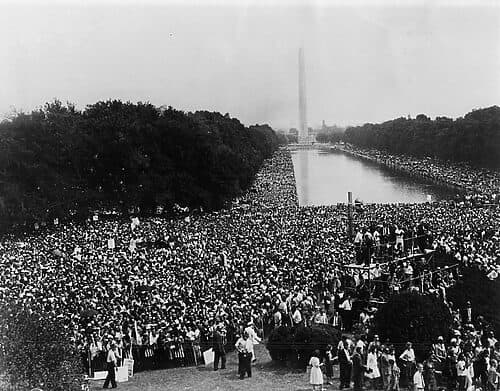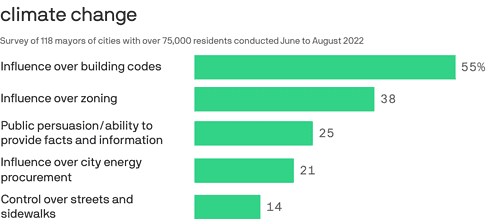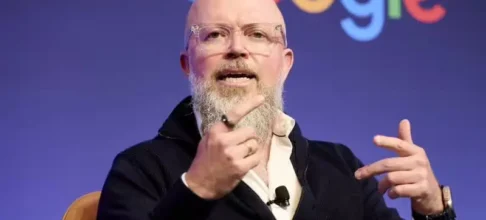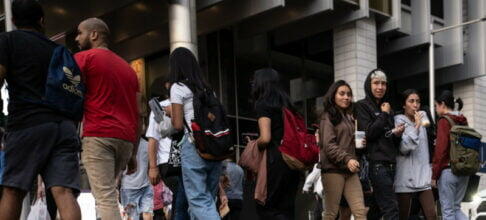(RNS) — The speakers at the Lincoln Memorial 60 years ago addressed a raft of issues: poverty, inequality, racial discrimination and the dream of racial harmony in America.
The most famous among them was the Rev. Martin Luther King Jr. But those gathered for the 1963 March on Washington for Jobs and Freedom also heard from several prominent civil rights leaders of the day, including John Lewis, the 23-year-old leader of the Student Nonviolent Coordinating Committee and later a longtime Georgia congressman.
None of those giving speeches that day, however, were women.
Women weren’t entirely absent. Rosa Parks, the first lady of the Civil Rights Movement, gave words of welcome — 29 words, to be exact. Daisy Bates, an NAACP chapter president who strategized the integration of Little Rock, Arkansas, schools, delivered a few more. Renowned singer Mahalia Jackson performed the national anthem.
But on the anniversary of the march this year, the absence of substantive speeches by women at what is considered one of the most famous political rallies in U.S. history is now getting a due corrective.
On Aug. 28, the civil rights organization Repairers of the Breach will host “She Speaks,” a mostly online assembly by and for women. The event is not the formal anniversary rally, which is planned for Sunday, Aug. 26, with civil rights leaders including Andrew Young, the Rev. Al Sharpton and members of King’s family.
RELATED: Women at the first March on Washington: a secretary, a future bishop and a marshal
“She Speaks” is intended to highlight the voices of women — and especially Black clergywomen — addressing many of the same issues that brought some 250,000 people to the Lincoln Memorial steps more than half a century ago: economic justice, fair wages, voting rights.
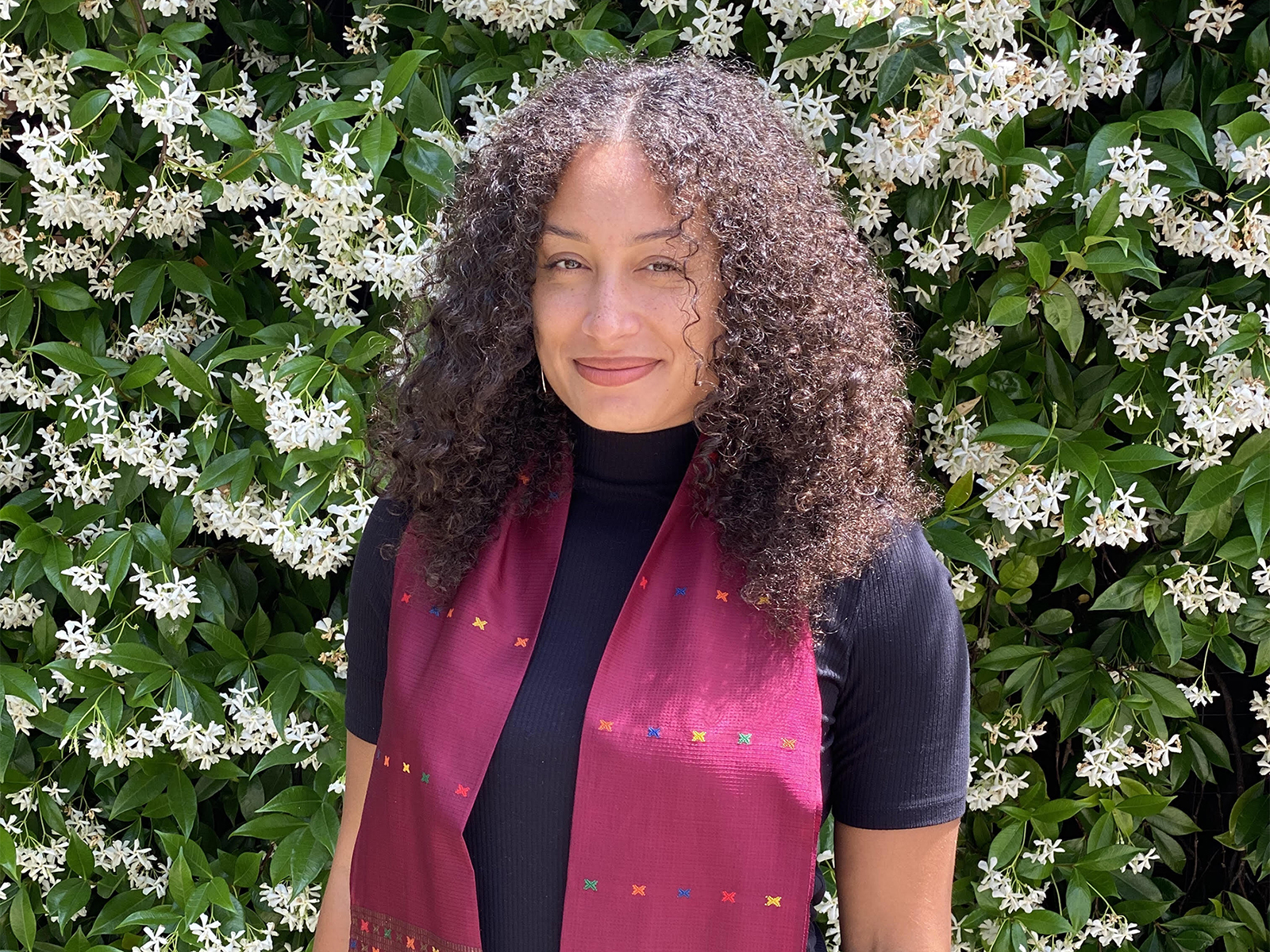
The Rev. A. Kazimir Brown. Courtesy photo
“I really feel that it’s important to be able to lift up women’s voices across the country to speak on the variety of issues currently facing this country,” said A. Kazimir Brown, executive director of Repairers of the Breach, founded in 2015 by the Rev. William Barber following the Moral Monday movement in North Carolina.
The lineup of speakers reflects the recent progress women have made in gaining the leadership religious bodies. The heads of United Church of Christ, the Disciples of Christ and the National Council of Churches — all women and all recently appointed or elected — will address the audience, some from the steps of the Lincoln Memorial and others online.
Joy Reid, the MSNBC host, will also speak, as will Black Voters Matter co-founder LaTosha Brown.
The emphasis will be not on women’s rights, but on reducing poverty, expanding health care access, protecting voting rights and ending racial discrimination — many of the same issues that echoed so forcefully in 1963.
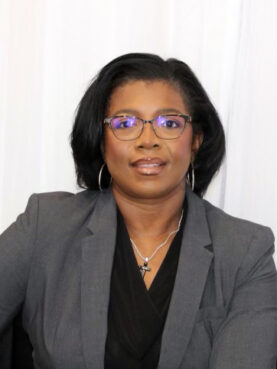
The Rev. Hanna Broome. Courtesy photo
The Rev. Hanna Broome said fighting for these issues is in her blood. Now in her late 40s, and a presiding elder in the AME Zion Church, as well as director of religious affairs at Repairers of the Breach, her life story is testament to the challenges poor people face.
Homeless and pregnant with twins at age 14, she had to drop out of school and find housing and a job. Broome found work layering sandwiches and frying french fries at Burger King, earning $4.25 an hour — the minimum wage in the late 1980s. But even that was hardly enough to feed a family of three in her native South Carolina. Her one saving grace during those tough years was that neither she nor her boys got seriously sick. “That literally would have wiped us out,” Broome said.
“I refuse to allow my grandchildren to have the same fight,” said Broome, who has three children and six grandchildren and in May earned a doctorate of ministry from Drew University. “So as long as there’s breath in me, I’m gonna be fighting.”
Women have made progress in most major Black Christian denominations where there are no longer doctrinal bars to ordained women in leadership. But structural inequality, especially among Black Americans, persists in the country, and the women at the rally want to focus on those. Among those issues: raising the federal minimum wage, now stuck at $7.25. (Nationally, about 68,000 Americans on average earned minimum wage in the first seven months of 2023, a New York Times analysis found.)
Other issues the women will speak to, according to the organizers, are the striking down of abortion rights by the Supreme Court, as well as affirmative action in college admissions and the erosion of fundamental voting rights protections.
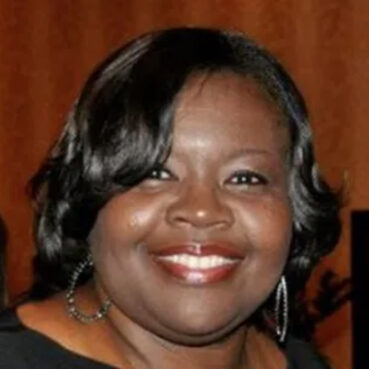
The Rev. Shyrl Uzzell. Courtesy photo
The Rev. Shyrl Uzzell, the newly installed pastor of Greenleaf Christian Church in Goldsboro, North Carolina, said her congregation has accepted her leadership after Barber stepped down, after 30 years, earlier this summer to direct the Center for Public Theology & Public Policy at Yale Divinity School.
But Uzzell said she must still remind her congregants that being a part of a community is “more than coming to church on Sunday morning.” It also involves fighting for justice.
Uzzell, who is 67, is helping plan the Monday event. “We have to be concerned about the things that concern the community.”
RELATED: Women breaking through to top roles in Black churches


